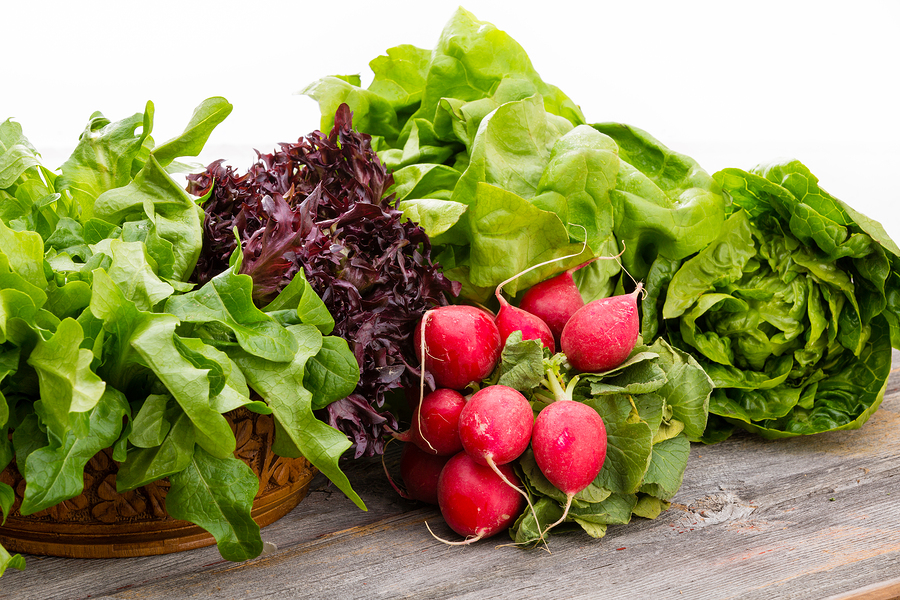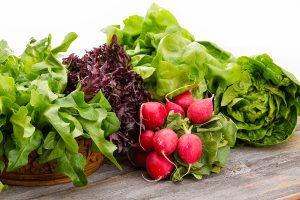

Senior Care in Mesa AZ: Reconsider Your Parents Dinner
A healthy senior diet is recommended for many reasons. It’s the best way to lose weight, keep blood pressure and cholesterol levels in the normal range, and even is believed to help prevent Alzheimer’s. If your parents don’t like to cook for themselves, a healthy diet may be hard to maintain.
Do you know what a senior’s diet should include and avoid? With age come changes to what and how much to eat. Here are the current recommendations…
Double Up on Vegetables
Some seniors do not eat enough when it comes to fresh fruits and vegetables. Your parent’s dinner plate should have fruits and vegetables on half the plate, a lean protein on one quarter, and a whole grain option on the remaining quarter.
Vegetables are important as they’re great sources of antioxidants. Cruciforms like Brussels sprouts and broccoli are a good choice for their cancer-prevention qualities. See if your parents would consider swapping out two or three meals a week for vegetarian meals to limit the amount of meat they eat.
If your mom or dad can’t chop vegetables, invest in a food processor. It can make it easy to prep ingredients when arthritis makes it hard to hold a knife. Or, hire a home care professional for meal preparation.
Get Plenty of Calcium
Calcium is a good way to prevent osteoporosis. Fat-free or low-fat dairy options are ideal. Plain low-fat yogurt is a good choice if your mom or dad hates drinking milk. You can add it to fruit smoothies each morning to mask the taste if that’s an issue.
If your parents cannot digest or stomach dairy items, look for cereals and fruit juices that are fortified with vitamin D and calcium. Orange juice is one option that often comes in a calcium-added version.
Lower Saturated Fat, Sodium, and Sugar Intake
Saturated fat, sodium, and sugar are to be avoided. All three can increase the risk of health issues like high blood pressure, heart disease, and diabetes. While frozen meals and canned soups are easy, they’re often loaded with all three. Cooking meals from scratch is ideal.
Your parents need to get used to reading labels. They may need magnifiers when shopping for items. Many pasta sauces add sugar or corn syrup to the tomatoes to add sweetness. Sugar is often found in canned soups, packaged bread, deli meats, fruit juices, and yogurts.
If your parents don’t like to cook, they can avoid takeout and packaged meals. Call a home care agency and ask about caregivers. Caregivers provide companionship, but they’ll also cook meals, shop for food and much more to help loved ones maintain a healthy senior diet.


